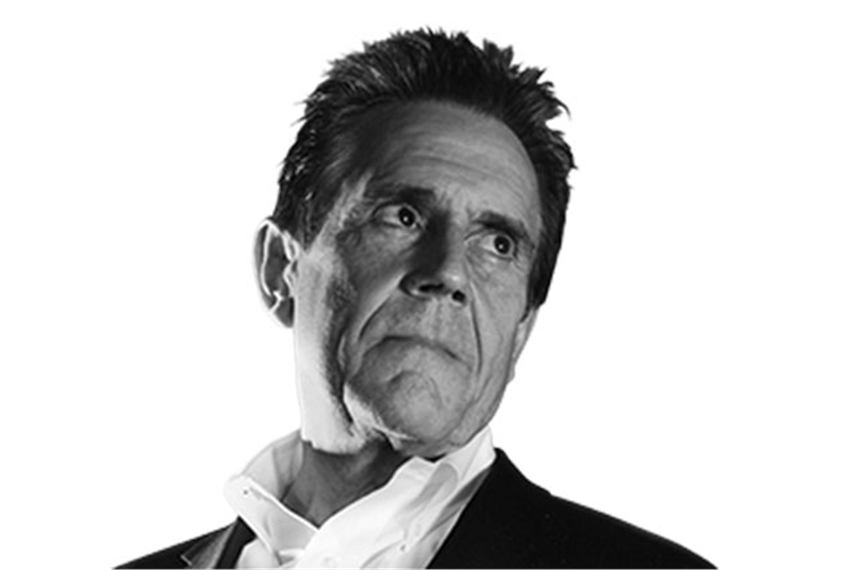
Please sign in or register
Existing users sign in here
Having trouble signing in?
Contact Customer Support at
[email protected]
or call+91 22 69489600
We should stop surrounding ourselves with people who think like us, contends the author

Contact Customer Support at
[email protected]
or call+91 22 69489600
Top news, insights and analysis every weekday
Sign up for Campaign Bulletins
SOUNDING BOARD: Will the government’s proposed hike to print ad rates drastically change media mixes for marketers? The industry is divided.
Working alongside him was nothing short of a masterclass in humanity and advertising.
The company continues to invest heavily in AI through its new ‘to be determined’ (TBD) Lab, which remains in active hiring mode under Chief AI Officer Alexandr Wang.
Email to staff says information, including bank and payroll number, salary, National Insurance number, and personal contact details have been taken.